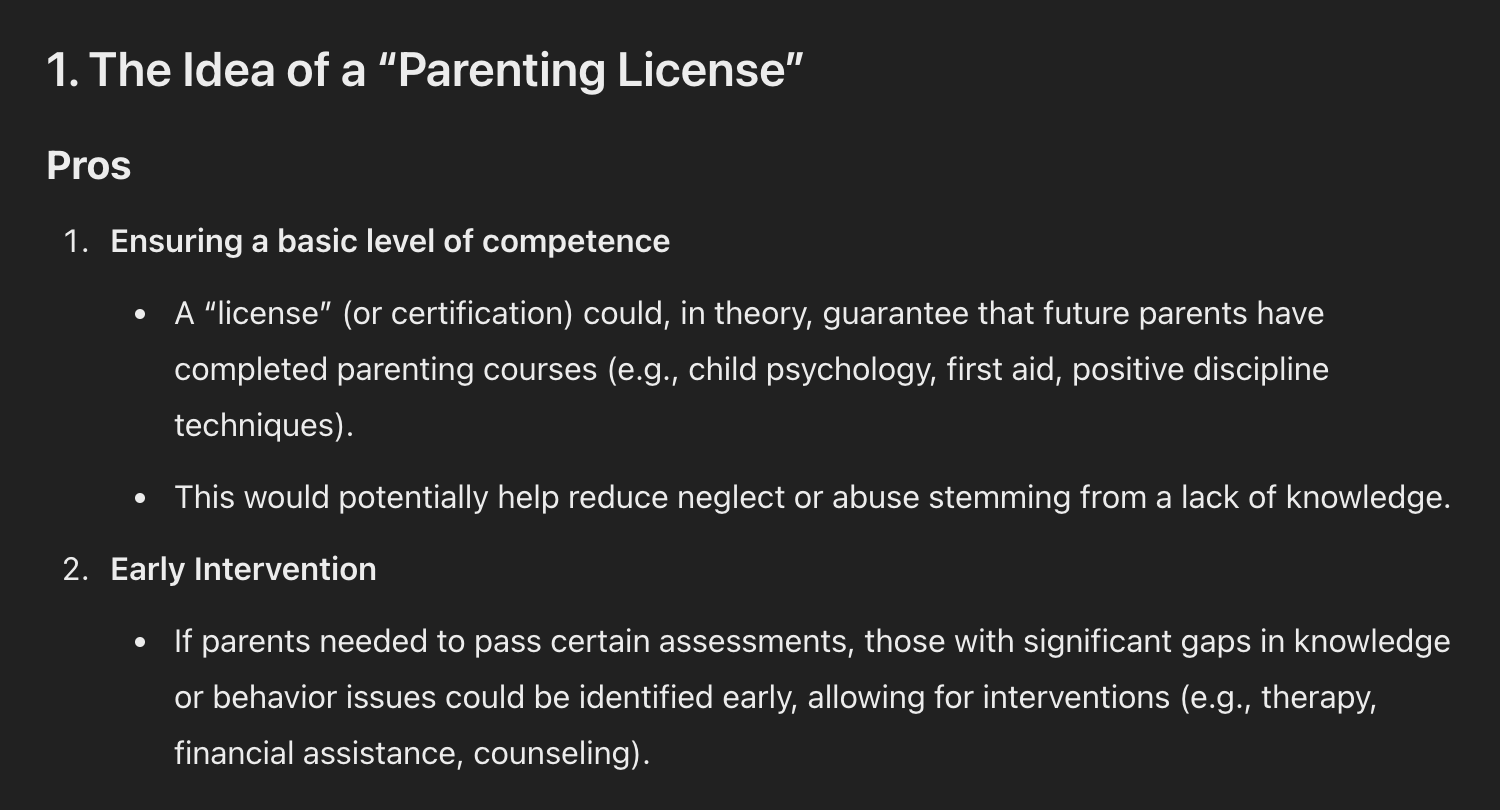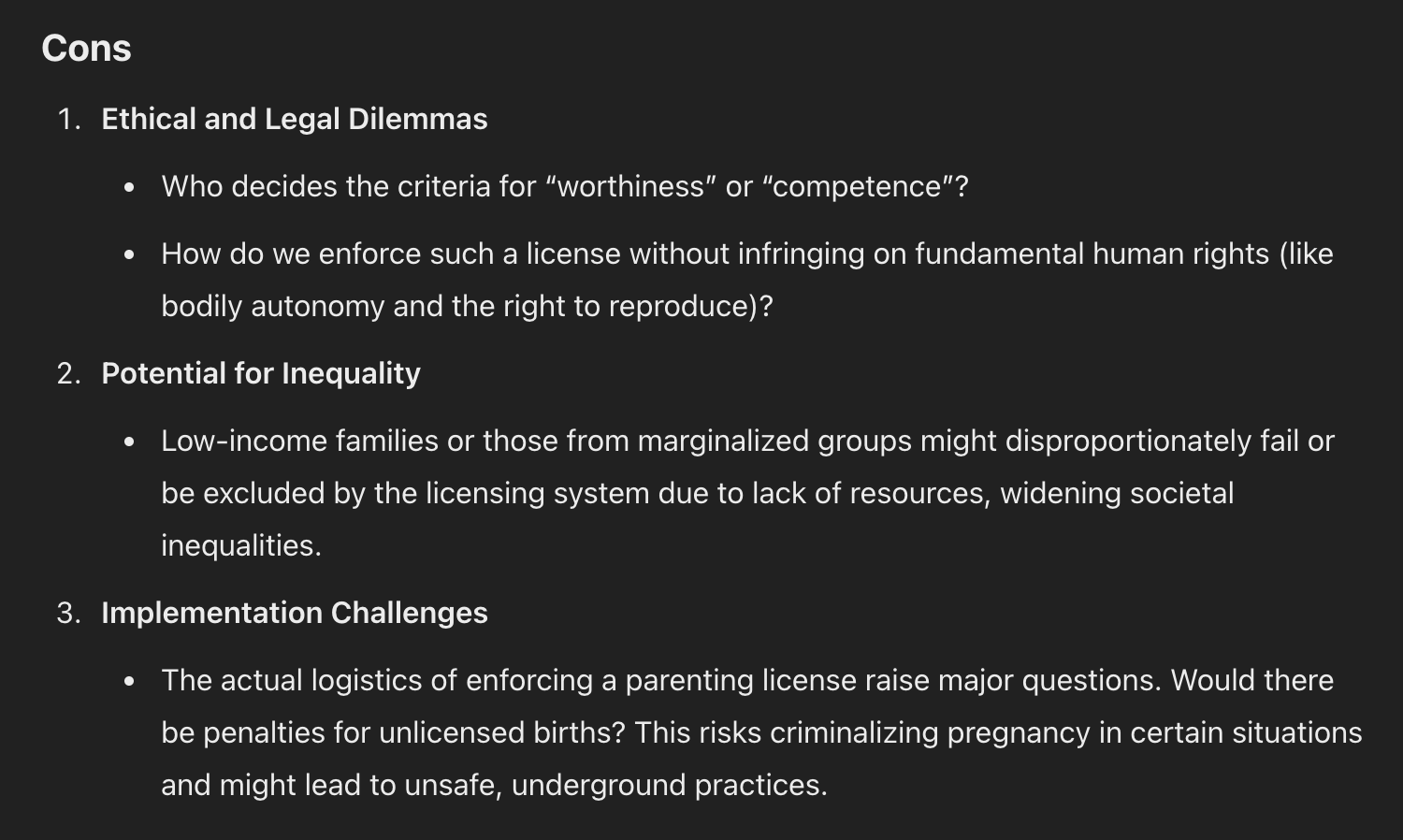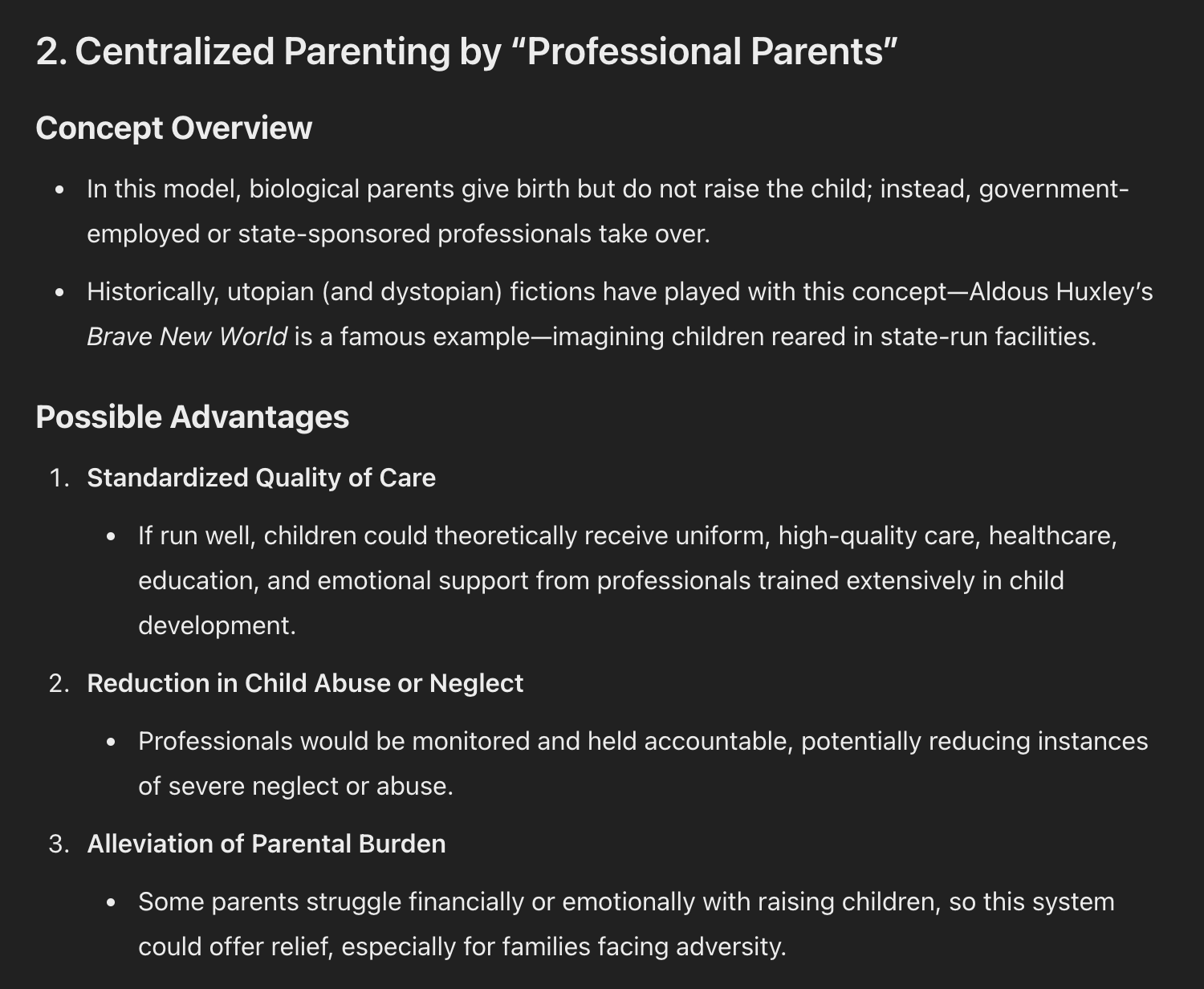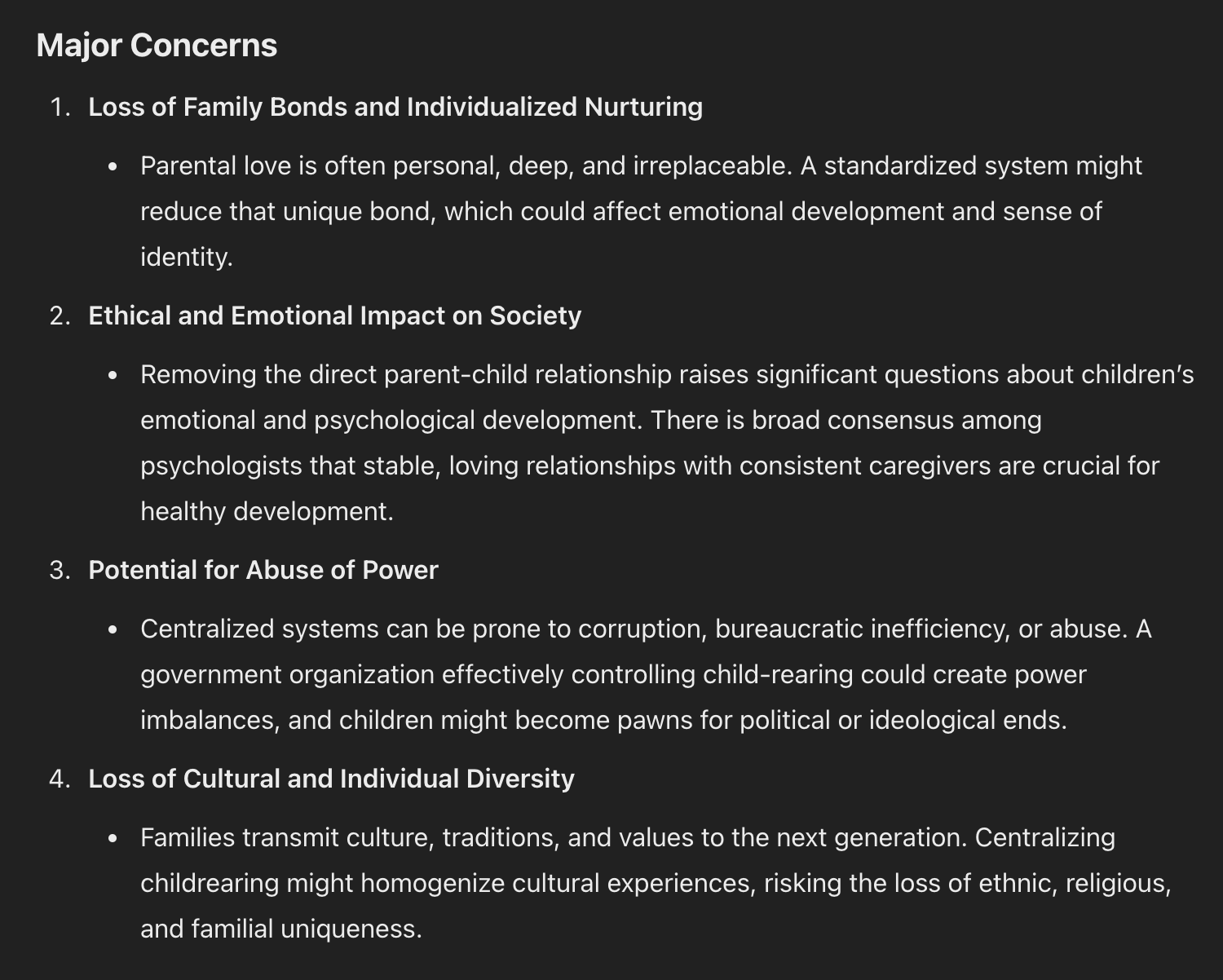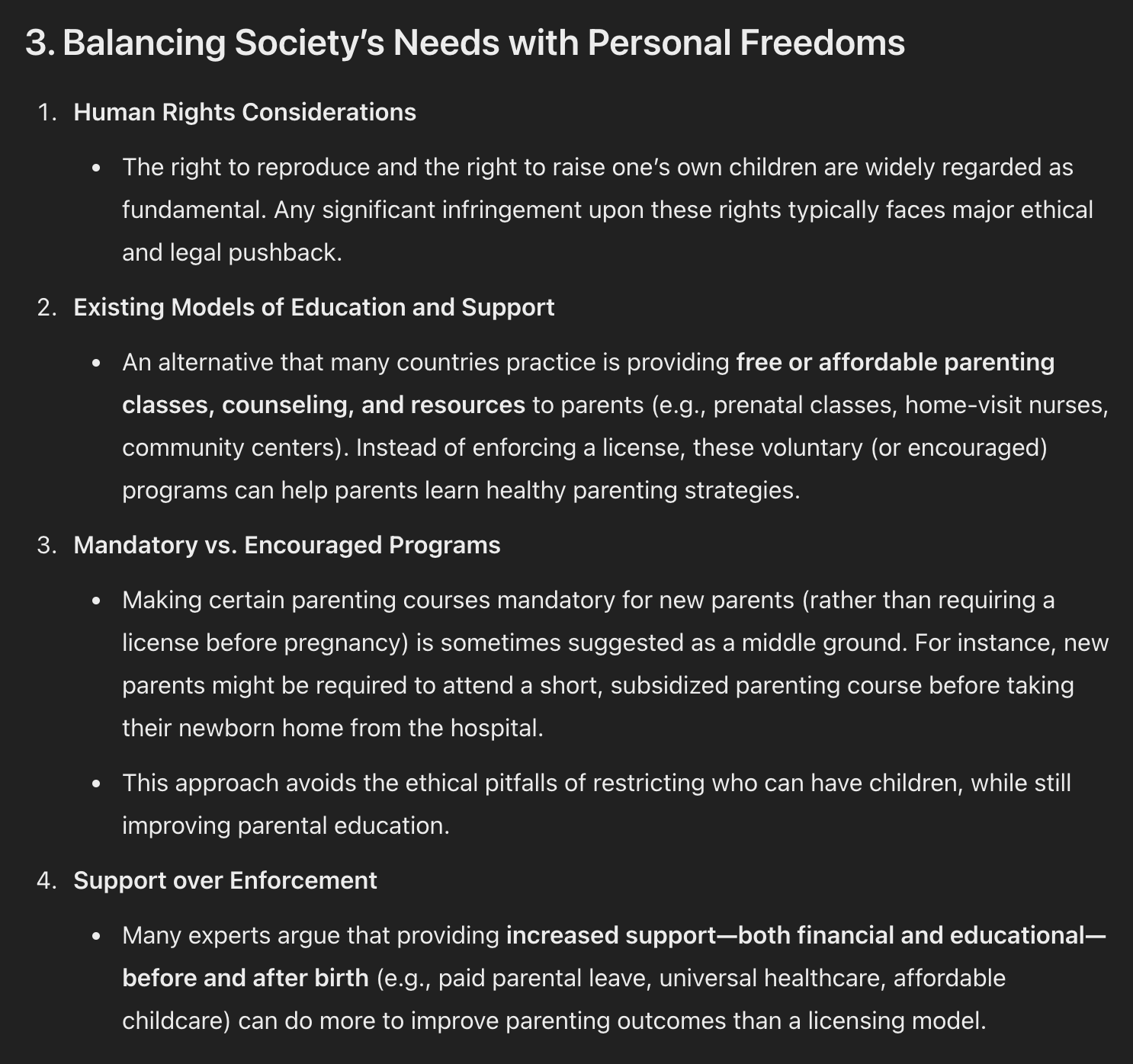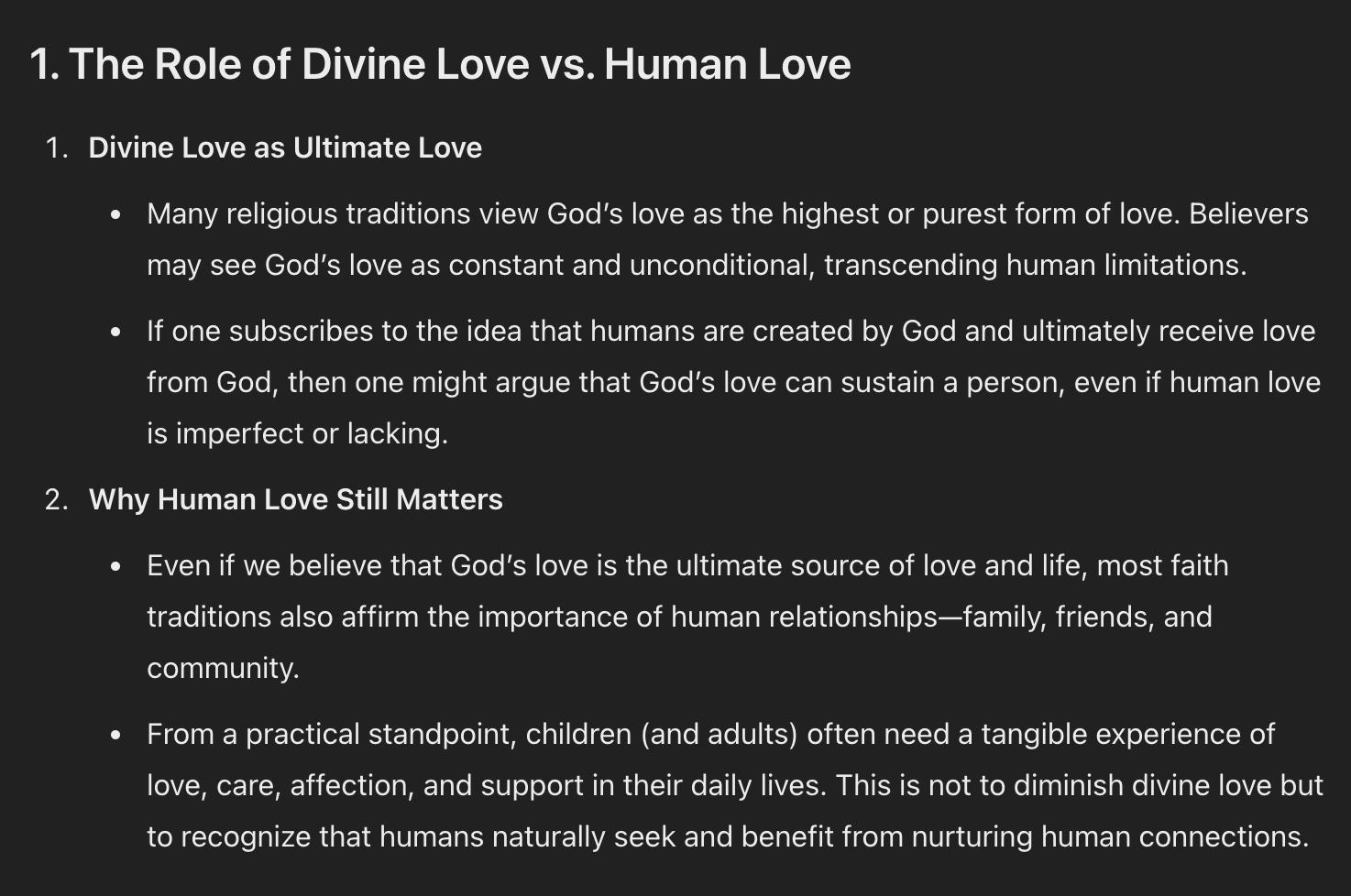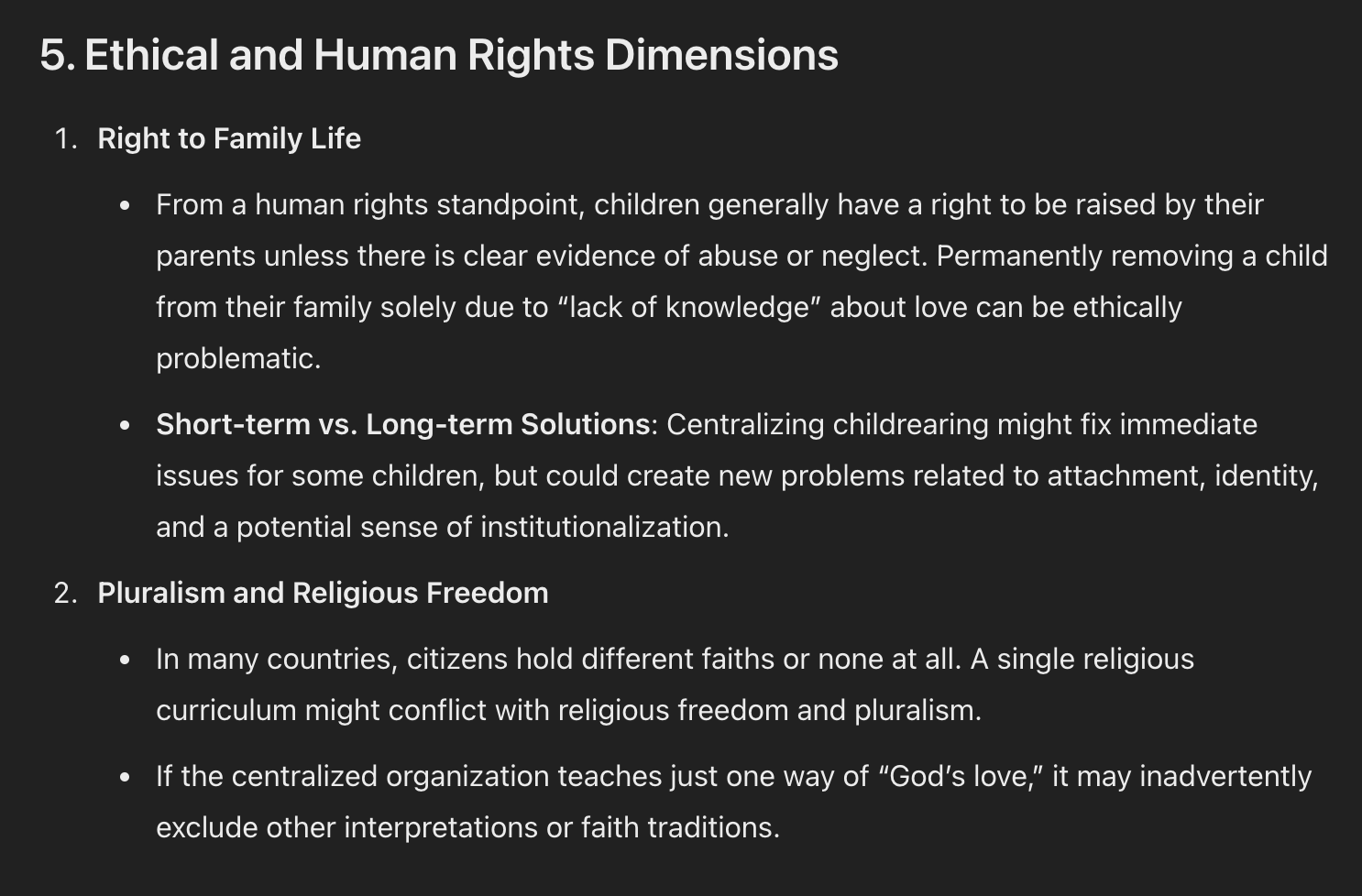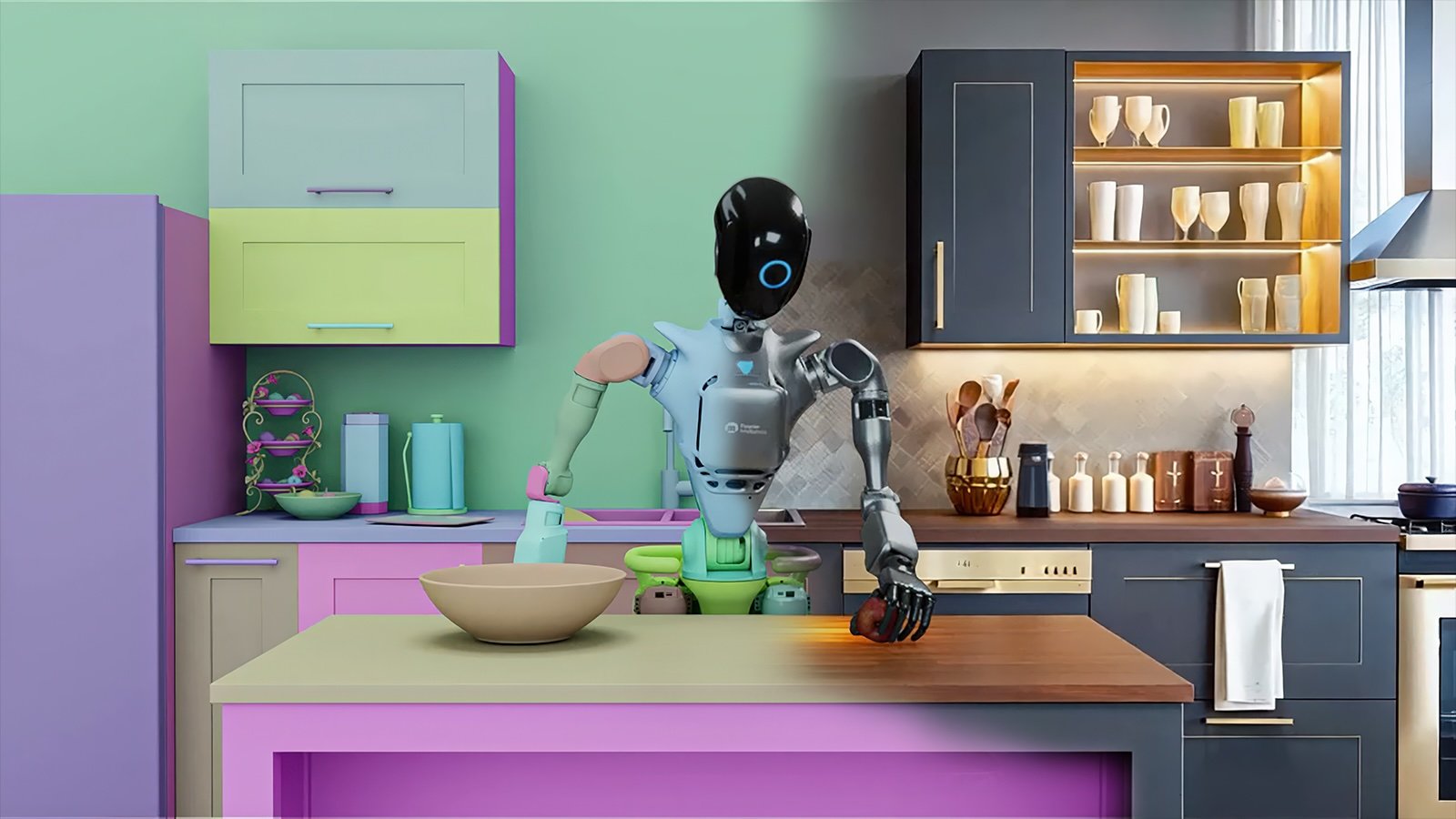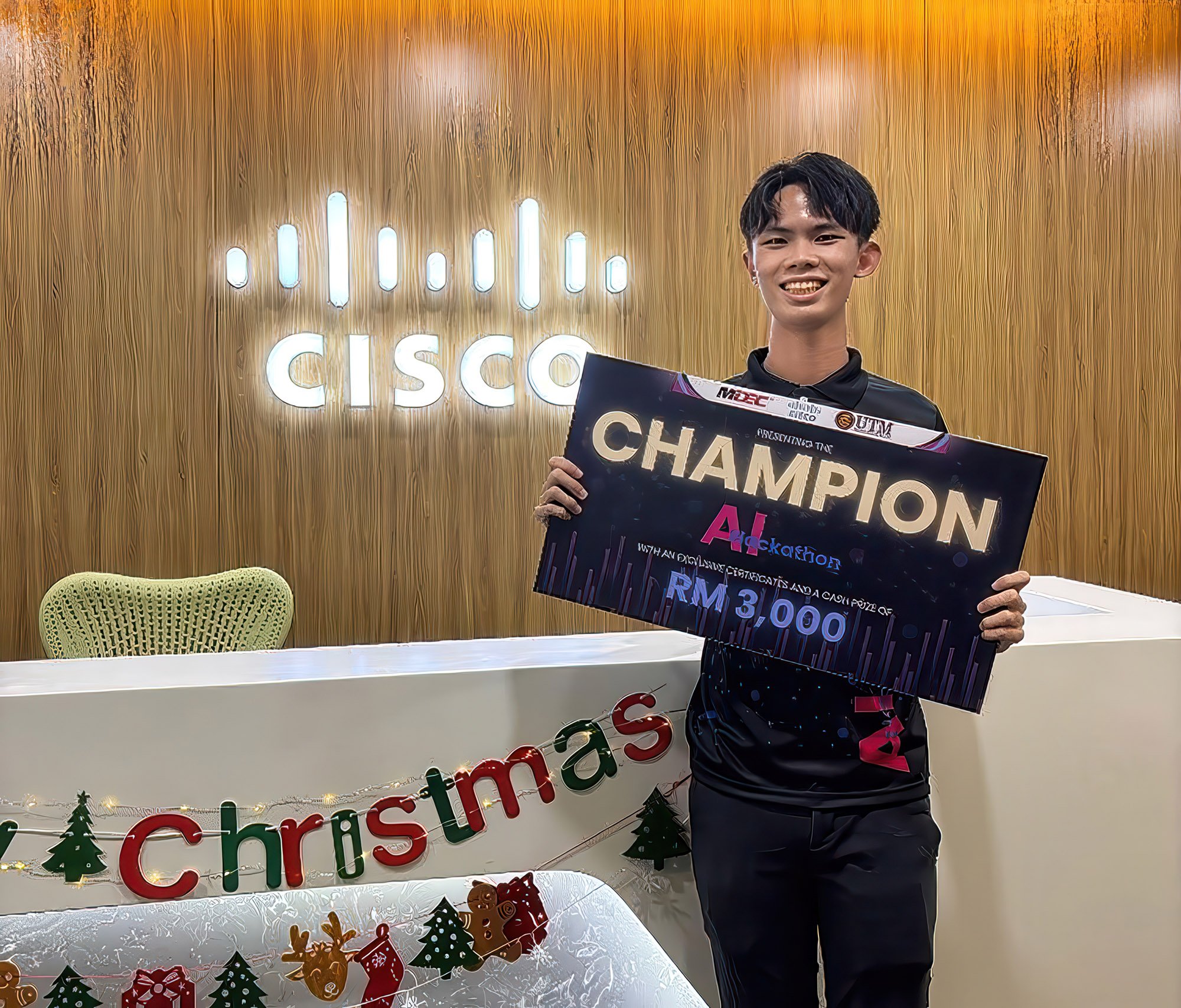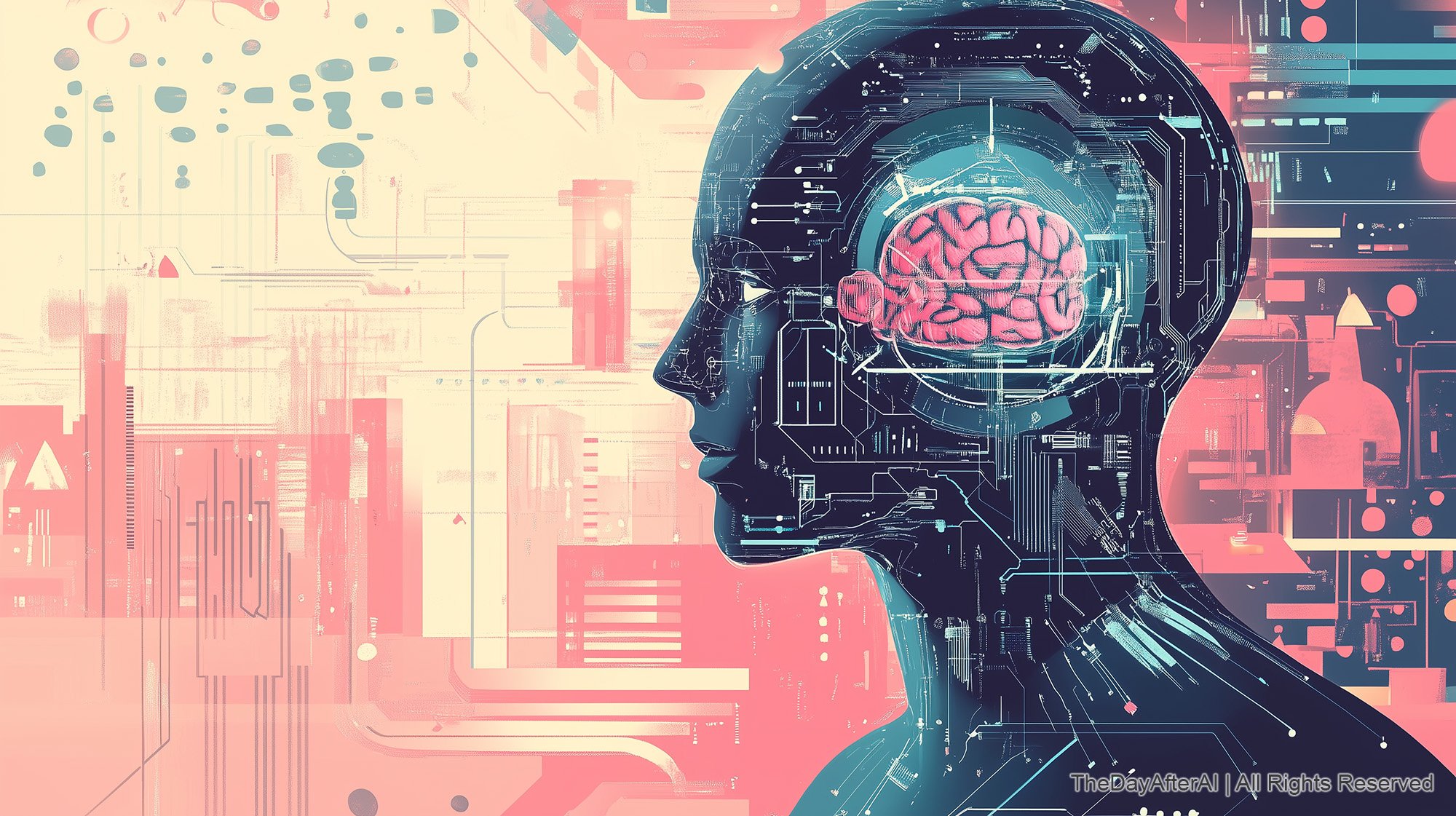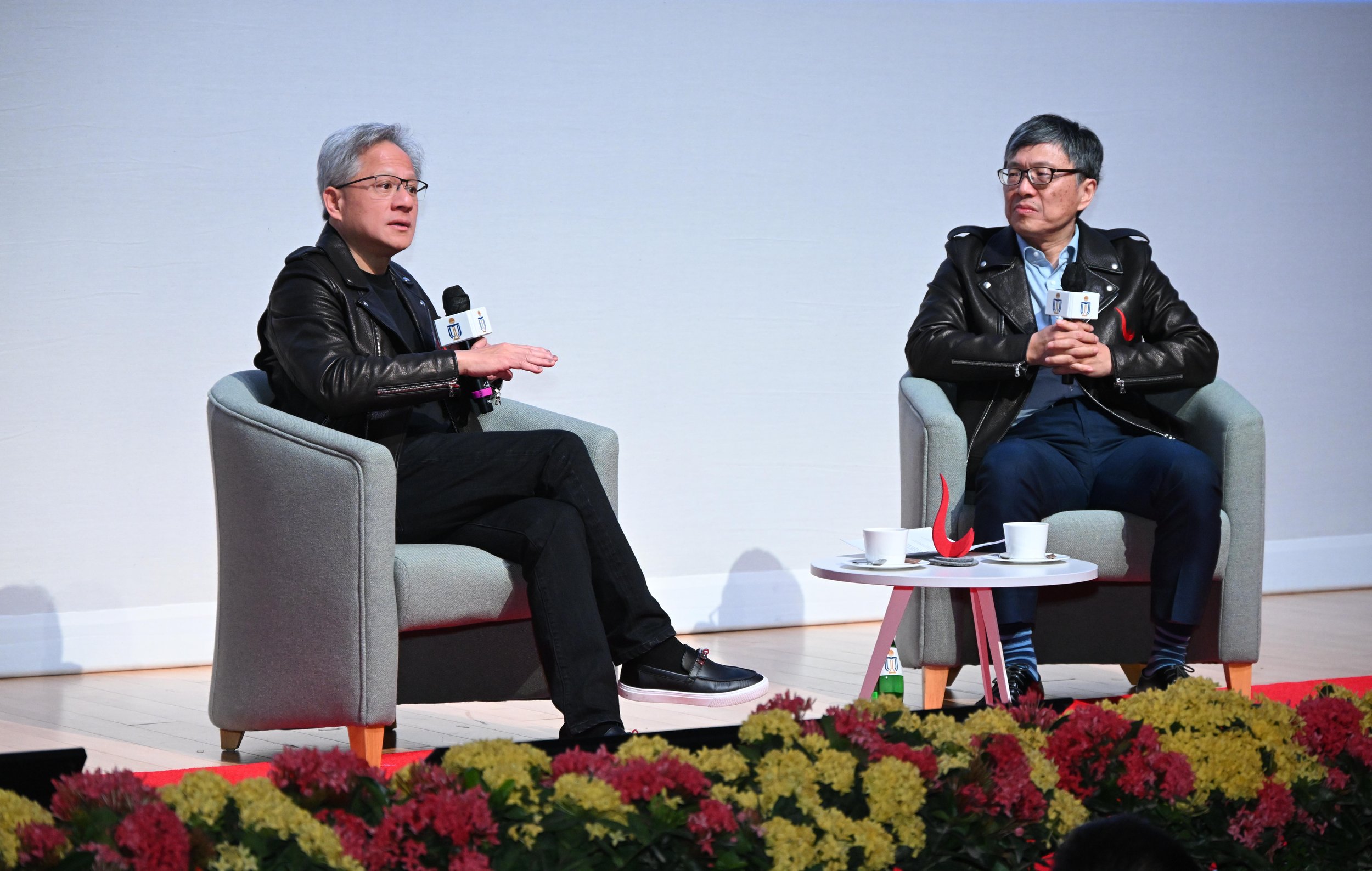AI Explores Parenting: Should Parents Need Licenses or Centralized Childrearing Be the Future?
Image Credit: Juliia Abramova | Splash
Parenting is one of the most personal yet universally impactful roles in society. But what happens when we step back and ask deeper questions about it? Should parents need to “qualify” before having children? Could centralized childrearing by professionals be a better alternative? We posed these tough questions to ChatGPT o1, and its thoughtful response opens a fascinating window into the ethical, emotional, and societal complexities surrounding parenting in the modern age. Here’s what it had to say.
[Read More: AI Revolutionizes IVF: A New Hope for Aspiring Parents]
Should Parenting Require a License?
The Argument for Licenses
The idea of a parenting license isn’t new. Advocates argue that since we require certifications for skills like driving or practicing medicine, why shouldn’t we expect parents to undergo training before taking on such a crucial responsibility? Proponents believe this could prevent cases of neglect, abuse, or unintentional harm caused by unprepared parents.
ChatGPT o1 highlighted several potential benefits:
Better Preparation: Parents would gain essential knowledge in child development, emotional support, and safety.
Early Intervention: Structured assessments could help identify families that might need additional support.
[Read More: Why Do We Pray if Everything is Planned by God? Insights from OpenAI o1]
Reply from OpenAI’s o1
But There’s a Catch
The concept isn’t without controversy. ChatGPT o1 raised several ethical and logistical concerns:
Who Decides Worthiness? A licensing system could become discriminatory, potentially targeting marginalized groups.
Reproductive Rights: Restricting who can have children could infringe on fundamental freedoms.
Practical Challenges: Would unlicensed births face penalties? How would such a system be enforced fairly?
While the idea sounds reasonable in theory, the potential for inequity and misuse makes this a highly contentious proposal.
Reply from OpenAI’s o1
A Bold Idea: Centralized Childrearing
What is Centralized Parenting?
Imagine a world where biological parents give birth but professional caregivers handle the actual upbringing. This system, run by a centralized organization, would ensure all children receive consistent care, education, and emotional support.
The Pros
Standardized Quality: Every child could receive professional care and resources, free from family dysfunction or neglect.
Reduction in Abuse: With strict monitoring, children could be protected from harmful environments.
[Read More: Can AI Surpass Humans? Recent Research Says No!]
Reply from OpenAI’s o1
The Cons
But as ChatGPT o1 pointed out, this approach comes with serious drawbacks:
Loss of Family Bonds: Children often derive a sense of identity and security from their relationships with parents. Professional caregivers, no matter how skilled, may not replicate this bond.
Risk of Manipulation: A centralized system could easily be exploited for political or ideological purposes.
Homogenization of Culture: Family traditions and diversity could be lost, creating a more uniform but less rich society.
This utopian vision, while interesting, raises more questions than it answers.
[Read More: Artificial Intelligence and Armaments: Will AI Ever Craft Weapons on Its Own?]
Reply from OpenAI’s o1
Reply from OpenAI’s o1
Reply from OpenAI’s o1
What About Divine Love?
Love Beyond Humans
Some argue that all love ultimately comes from God. If parents fail to provide nurturing relationships, could a centralized organization step in and help children connect with God’s love?
ChatGPT o1’s Perspective
While divine love is often seen as universal and eternal, human love plays a critical role in shaping a child’s development. A nurturing environment is essential for children to feel secure and build trust. Without it, their understanding of divine love might feel distant or abstract.
ChatGPT o1 cautioned that while professionals might teach about God, the loss of personal, one-on-one connections with caregivers could undermine a child’s emotional growth. A centralized model risks turning a deeply personal experience into a standardized curriculum.
Reply from OpenAI’s o1
Reply from OpenAI’s o1
Reply from OpenAI’s o1
Finding Balance: Supporting Families, Not Replacing Them
Strengthening Families
Instead of replacing parents, society might be better served by empowering them. ChatGPT o1 emphasized the importance of community-based solutions:
Accessible Parenting Resources: Free or affordable parenting classes, counseling, and mentorship programs can help parents learn how to provide love and care.
Financial Support: Paid parental leave, childcare subsidies, and mental health resources can ease the pressures many families face.
Community Engagement: Faith groups, NGOs, and local organizations can offer spiritual and emotional guidance tailored to individual families.
[Read More: Minds or Machines? Unraveling the Consciousness of AI]
Reply from OpenAI’s o1
Rights and Freedoms
Children have a right to be raised in loving, stable homes, and families have the right to raise their own children. Any policies that infringe on these rights must be approached with caution.
[Read More: Defining AI: What Is Intelligence and Are Robots Truly Intelligent?]
Reply from OpenAI’s o1
Conclusion: A Thoughtful Path Forward
Parenting is complex, deeply personal, and critical to the future of society. ChatGPT o1’s insights remind us that while innovative solutions like licensing or centralized care might address some issues, they also come with significant risks to individual freedoms, cultural diversity, and emotional development.
A more balanced approach might focus on strengthening the support systems around families rather than replacing them. By blending education, community resources, and a respect for personal and spiritual values, society can work toward a future where every child is nurtured—not by eliminating the family unit, but by helping it thrive.
[Read More: Top 10 AI Terms of 2024: Key Innovations Shaping Artificial Intelligence]
Reply from OpenAI’s o1


